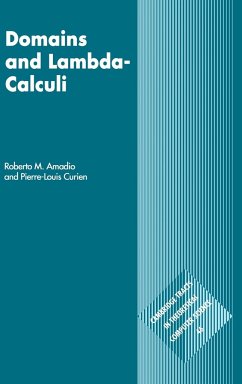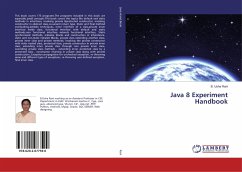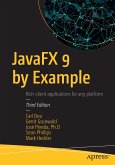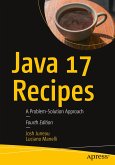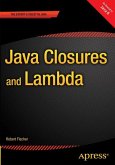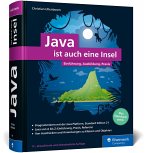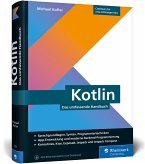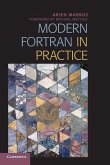This book describes the mathematical aspects of the semantics of programming languages. The main goals are to provide formal tools to assess the meaning of programming constructs in both a language-independent and a machine-independent way, and to prove properties about programs, such as whether they terminate, or whether their result is a solution of the problem they are supposed to solve. In order to achieve this the authors first present, in an elementary and unified way, the theory of certain topological spaces that have proved of use in the modelling of various families of typed lambda calculi considered as core programming languages and as meta-languages for denotational semantics. This theory is now known as Domain Theory, and was founded as a subject by Scott and Plotkin. One of the main concerns is to establish links between mathematical structures and more syntactic approaches to semantics, often referred to as operational semantics, which is also described. This dual approach has the double advantage of motivating computer scientists to do some mathematics and of interesting mathematicians in unfamiliar application areas from computer science.
Table of contents:
Preface; Notation; 1. Continuity and computability; 2. Syntactic theory of thl-calculus; 3. D models and intersection types; 4. Interpretation of l-calculi in CCC's; 5. CCC's of algebraic Dcpo's; 6. The language PCF; 7. Domain equations; 8. Values and computations; 9. Powerdomains; 10. Stone duality; 11. Dependent and second order types; 12. Stability; 13. Towards linear logic; 14. Sequentiality; 15. Domains and realizability; 16. Functions and processes; Appendix A. Memento of recursion theory; Appendix B. Memento of category theory; Bibliography; Index.
This book describes the mathematical aspects of the semantics of programming languages. The main goals are to provide formal tools to assess the meaning of programming constructs in ways independent of both language and platform. To do this the authors explain denotational and operational semantics and exploit the duality between them.
Graduate text on mathematical foundations of programming languages, and operational and denotational semantics.
Hinweis: Dieser Artikel kann nur an eine deutsche Lieferadresse ausgeliefert werden.
Table of contents:
Preface; Notation; 1. Continuity and computability; 2. Syntactic theory of thl-calculus; 3. D models and intersection types; 4. Interpretation of l-calculi in CCC's; 5. CCC's of algebraic Dcpo's; 6. The language PCF; 7. Domain equations; 8. Values and computations; 9. Powerdomains; 10. Stone duality; 11. Dependent and second order types; 12. Stability; 13. Towards linear logic; 14. Sequentiality; 15. Domains and realizability; 16. Functions and processes; Appendix A. Memento of recursion theory; Appendix B. Memento of category theory; Bibliography; Index.
This book describes the mathematical aspects of the semantics of programming languages. The main goals are to provide formal tools to assess the meaning of programming constructs in ways independent of both language and platform. To do this the authors explain denotational and operational semantics and exploit the duality between them.
Graduate text on mathematical foundations of programming languages, and operational and denotational semantics.
Hinweis: Dieser Artikel kann nur an eine deutsche Lieferadresse ausgeliefert werden.

